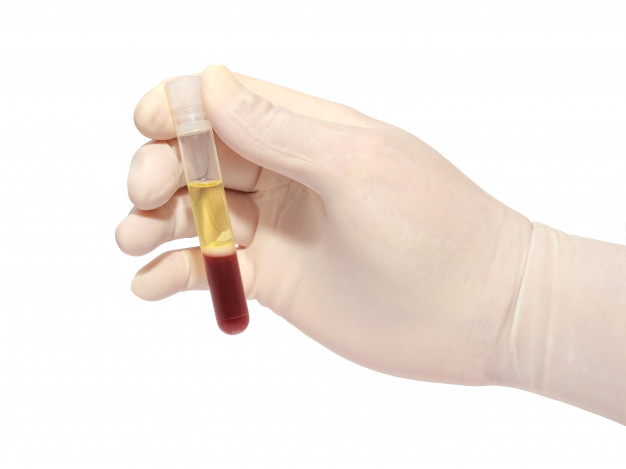The numbers of second-wave COVID-19 infections are increasing by the day, and the need for plasma donation from recovered patients is going up tremendously.
However, many people still have some restraints & doubts about plasma donating, thinking that plasma donation will weaken their immunity, making them more susceptible to the infection again. For more details, you can get in touch with our expert team at Vision Multispeciality Hospital Goa.

What is plasma?
Plasma is the transparent liquid part of the blood that remains after RBCs, WBCs, platelets, and other cellular parts are excluded.
It is the most significant portion of human blood, constituting about 55 %, and contains water, salts, antibodies, proteins, and other enzymes.
Plasma carries out various critical functions in the body, including helping in removing blood clots, combating diseases.
People who are entirely recovered from COVID-19 for at least two weeks are recommended to donate plasma, which can save other lives and help India fight against COVID.
COVID-19 convalescent plasma should only be collected from recovered individuals and only if they are eligible to donate blood. People donating plasma must have documentation of a prior diagnosis of COVID-19 and meet other donor criteria.
A negative lab test for COVID-19 is not mandatory for donation, but donors must have complete symptom resolution for at least 2 weeks before donation.
One shouldn’t donate plasma if you are:
- If you are above the age of 65 or below 18.
- If your body weight is below 50kgs.
- If you are pregnant.
- If you are suffering from any long-term diseases such as diabetes or kidney failure or have just changed your medication to treat those conditions.
- If you had a tattoo done or significant surgery in the past six months.
